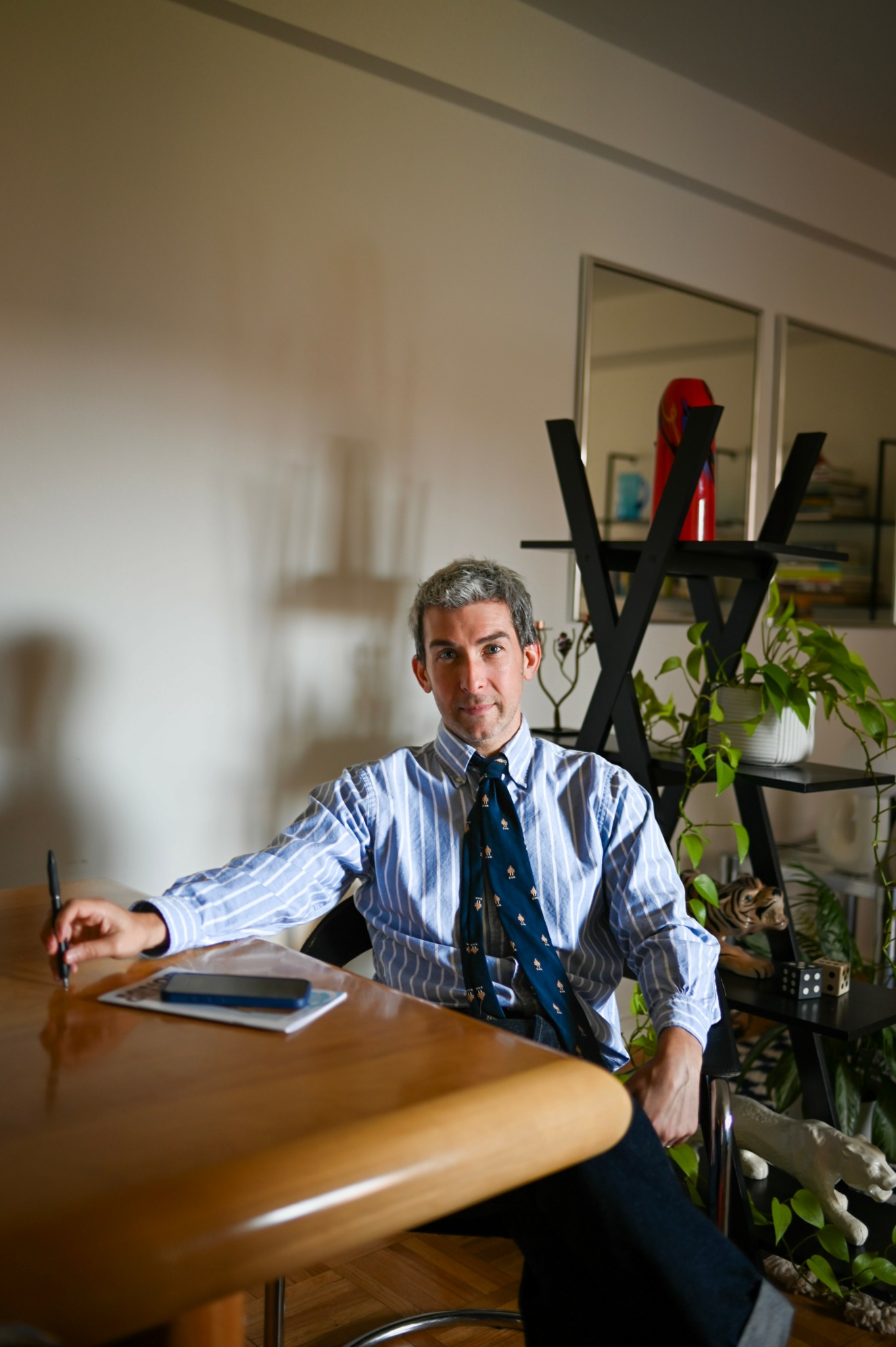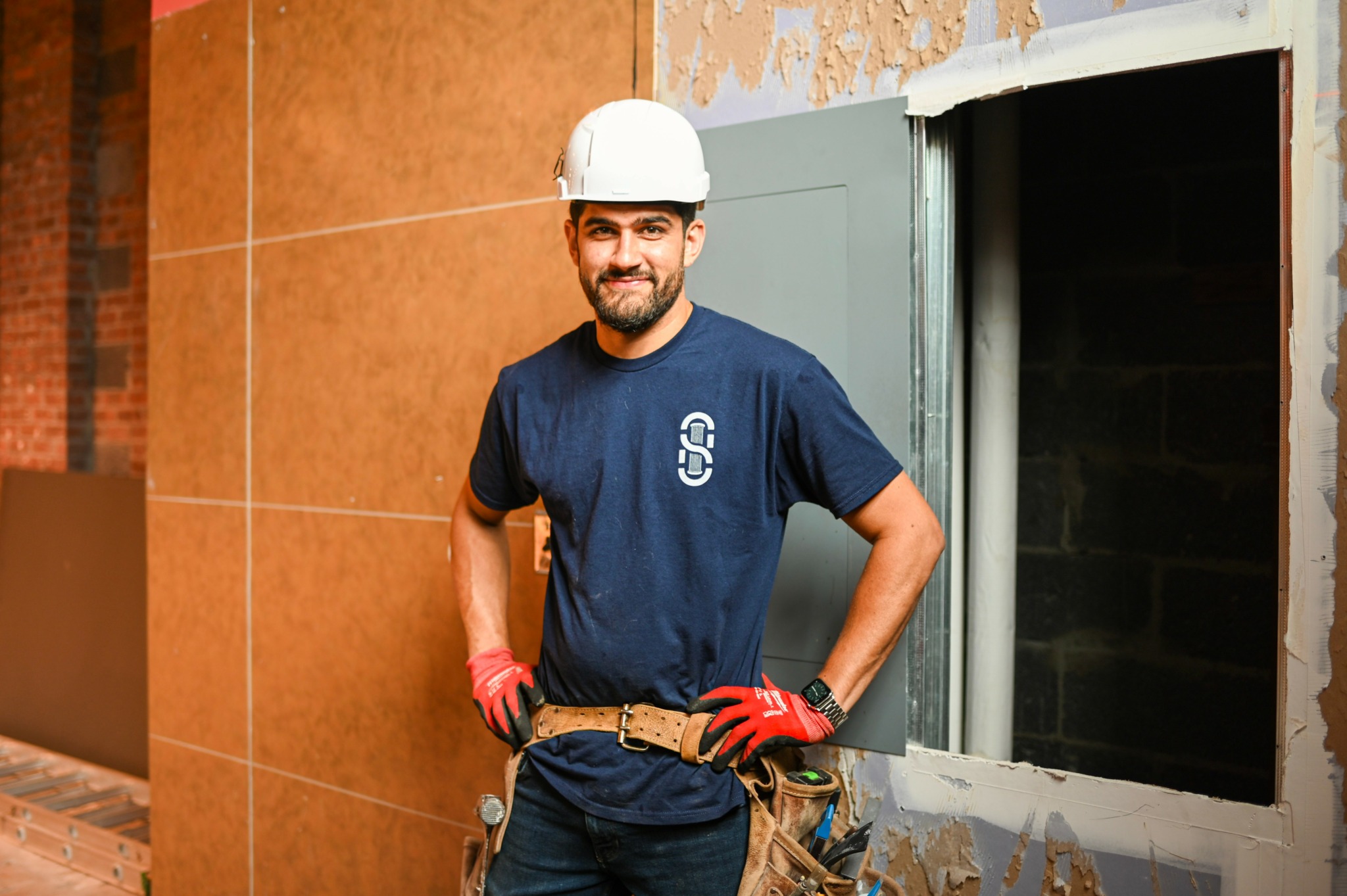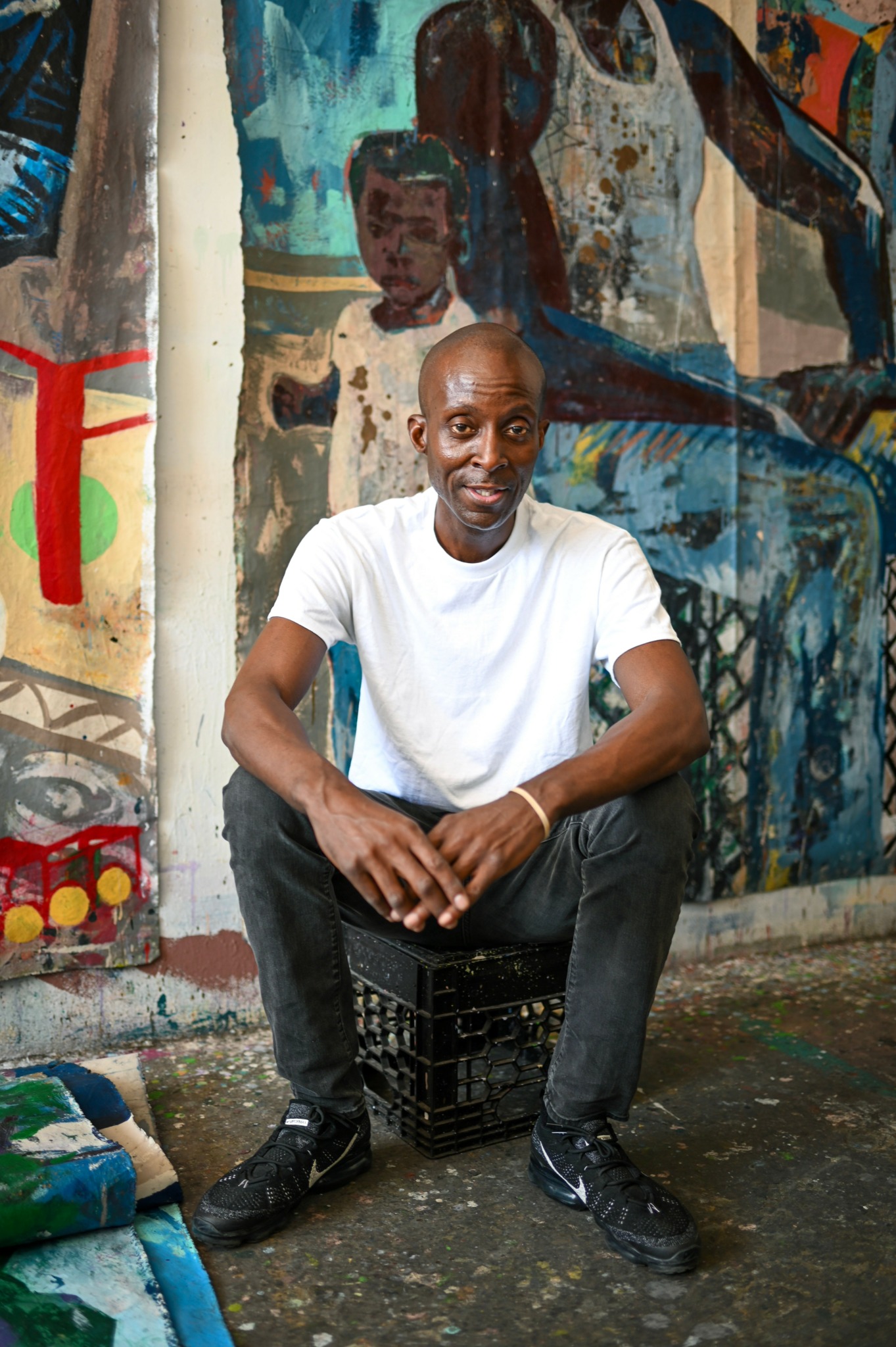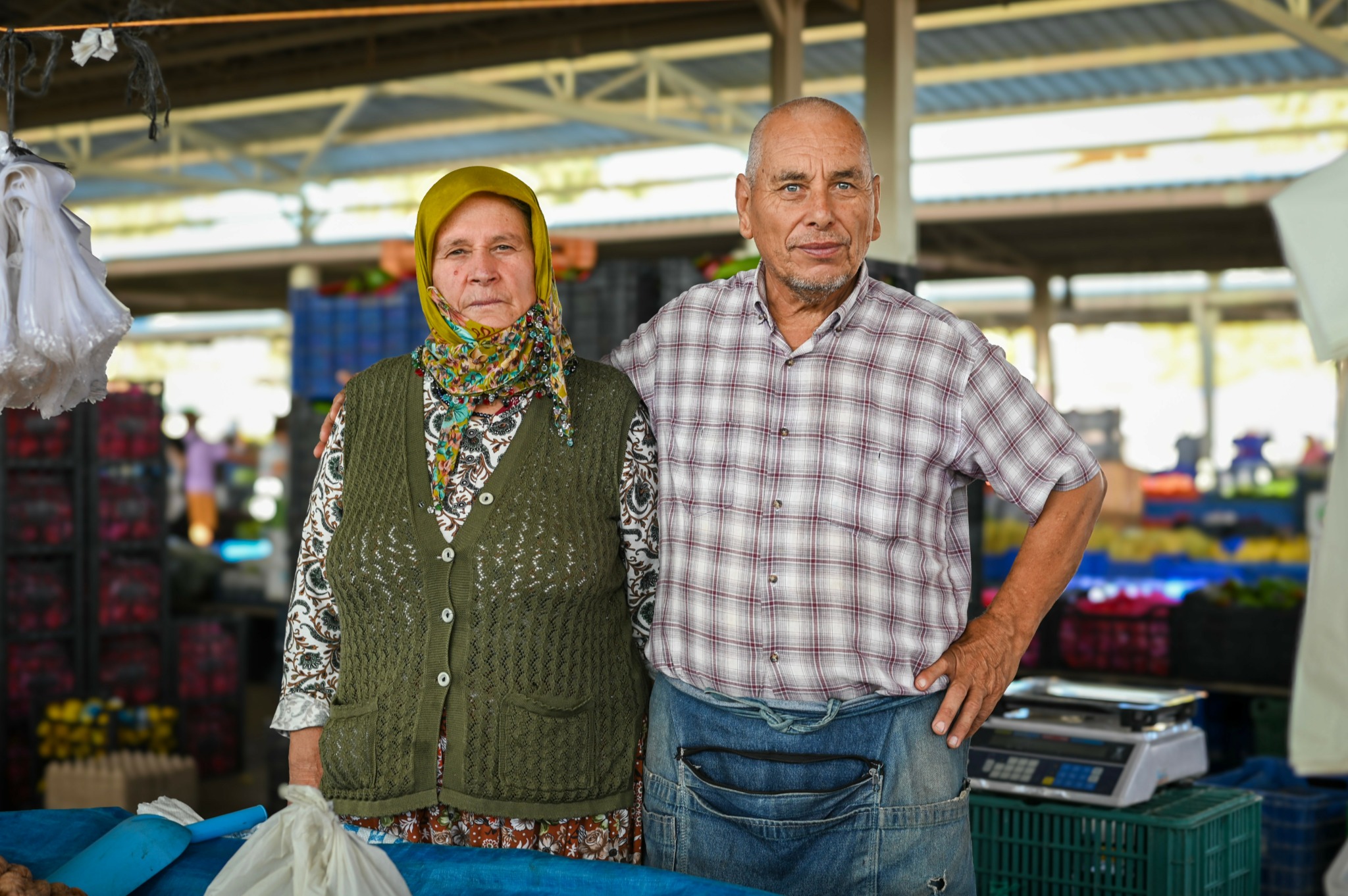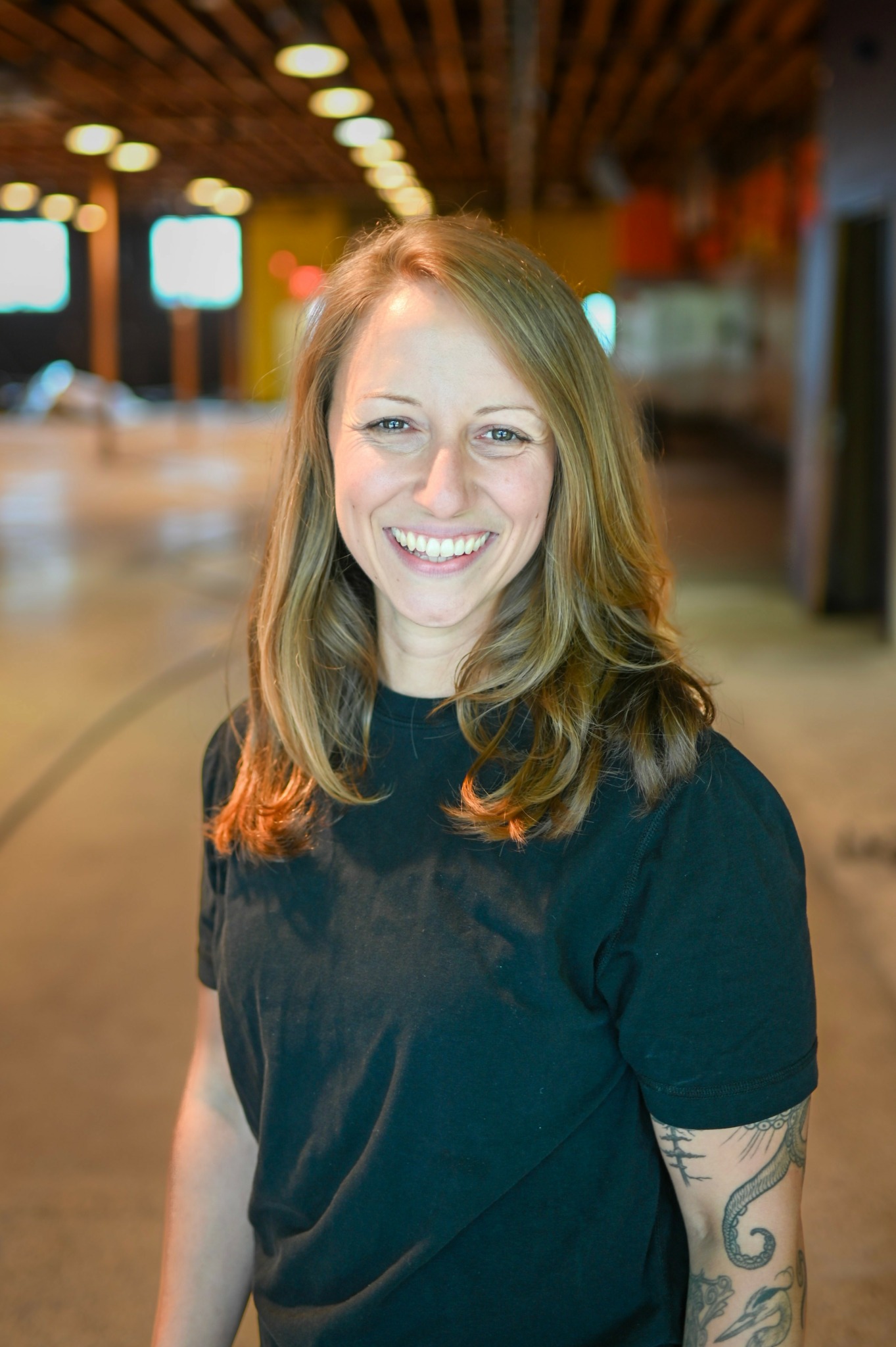We recently connected with Lindsey Lerner and have shared our conversation below.
Alright, Lindsey thanks for taking the time to share your stories and insights with us today. We’d love to hear about a project that you’ve worked on that’s meant a lot to you.
The most meaningful project I’ve worked on is Field Notes from the Work (and the Wild).
The seed for it was planted with my first company, Level Exchange. We were trying to flip the music industry by building fairer ways for local musicians to connect with venues, brands, and fans. What I saw up close was that the difference between the artists on national tours and the ones hustling in Providence wasn’t talent — it was visibility. The big acts had videographers, designers, a whole machine making them look “larger than life.” The locals? Just as good, but nobody was paying attention. That never sat right with me.
Field Notes is my way of pushing back. It’s a storytelling project where I photograph people in their element, record short audio conversations, and share the parts of their process most people never see — the rituals, the chaos, the quiet moments that actually make the work possible.
Why it feels so important right now is because we’re living in a world obsessed with polish and outcomes. We scroll past each other’s humanity. Field Notes is my reminder, to myself and to anyone watching, that the messy middle is where the real story lives. It’s how we come back to each other.
For me, it’s not just about documenting other people. It’s about holding up a mirror and saying: you matter, even when the world isn’t watching yet.
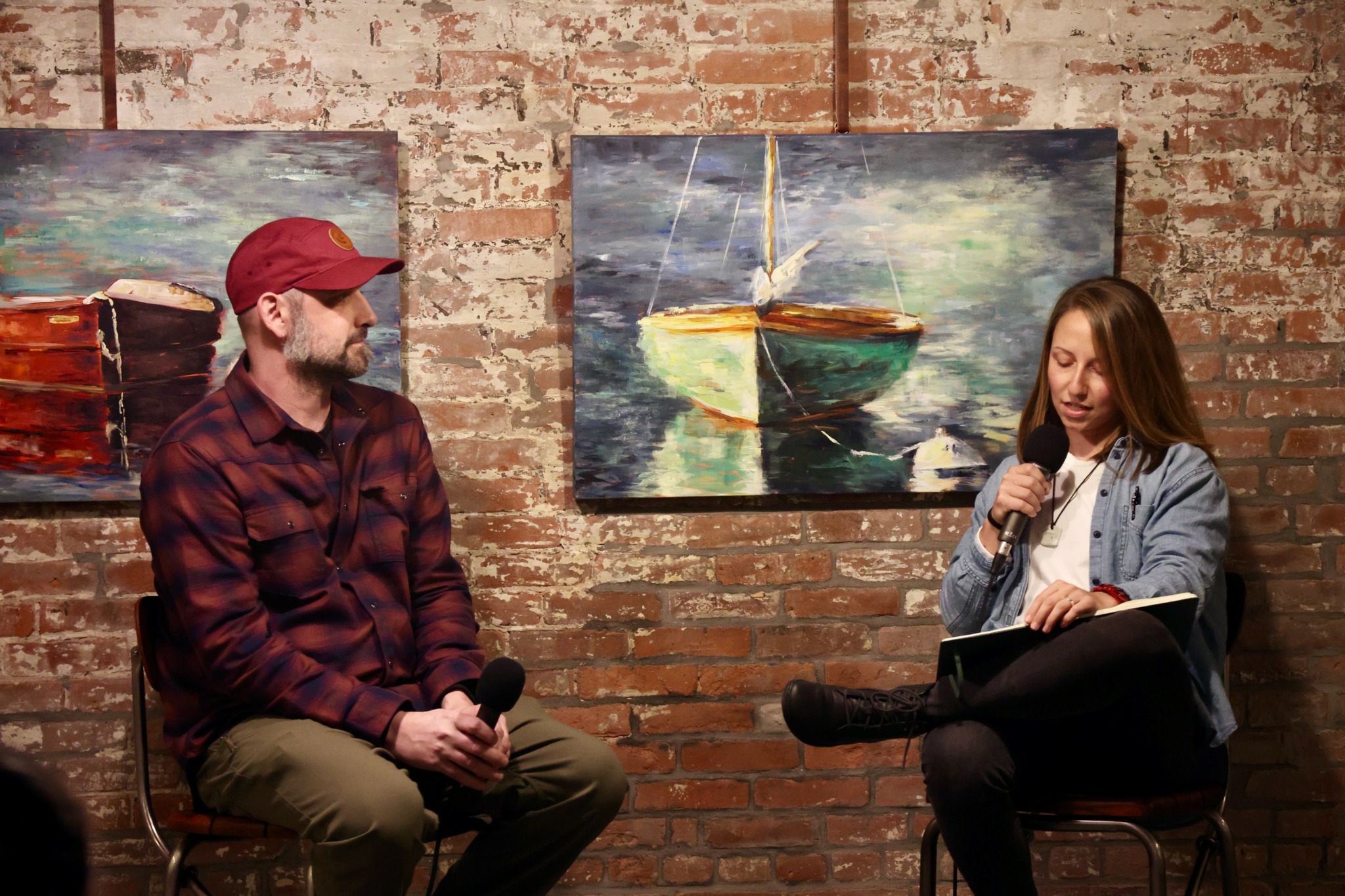
As always, we appreciate you sharing your insights and we’ve got a few more questions for you, but before we get to all of that can you take a minute to introduce yourself and give our readers some of your back background and context?
I’ve been working since I was a teenager. While my classmates were bagging groceries or babysitting, I was getting hired to shoot weddings and bar and bat mitzvahs. I’d show up with one camera and a lot of nerve, capturing moments people trusted me with before I even understood how much weight that carried. That was my first business, even if I didn’t call it that. It was also my first lesson that art and commerce aren’t separate—they feed each other.
Music was another constant. I grew up on guitar and drums. But because of my personality and my neurosis, I was always the most organized person in the room. That made me the default manager, agent, tour manager, problem-solver. I built companies, ran shows, raised money, held bands together on the road. That work gave me resilience, but it also pulled me away from what I’ve always been at my core: an artist.
That’s why Field Notes from the Work (and the Wild) matters so much to me. It’s a coming home. It’s where I get to pick the camera back up and remember why I started. With Field Notes, I photograph people in their element, record short audio conversations, and share the parts of their process nobody usually sees—the chaos, the rituals, the quiet hum before it all begins.
And right now, that feels urgent. We’re living in an AI age where efficiency is celebrated but process disappears. We risk forgetting how things actually get made. But it’s in the how and the why—the messy middle—that our humanity shows up. Field Notes is about documenting that so we don’t lose it. So we can find our way back to each other.
What I’m most proud of is that it’s not just about creating beautiful work, it’s about creating connection. People see themselves in these stories, even if their lives look nothing alike. That spark of recognition is what brings us closer. And if there’s one thing I want people to know about me and my work, it’s this: I’m here to hold up the mirror so none of us forget what it looks like to be fully, wildly human.
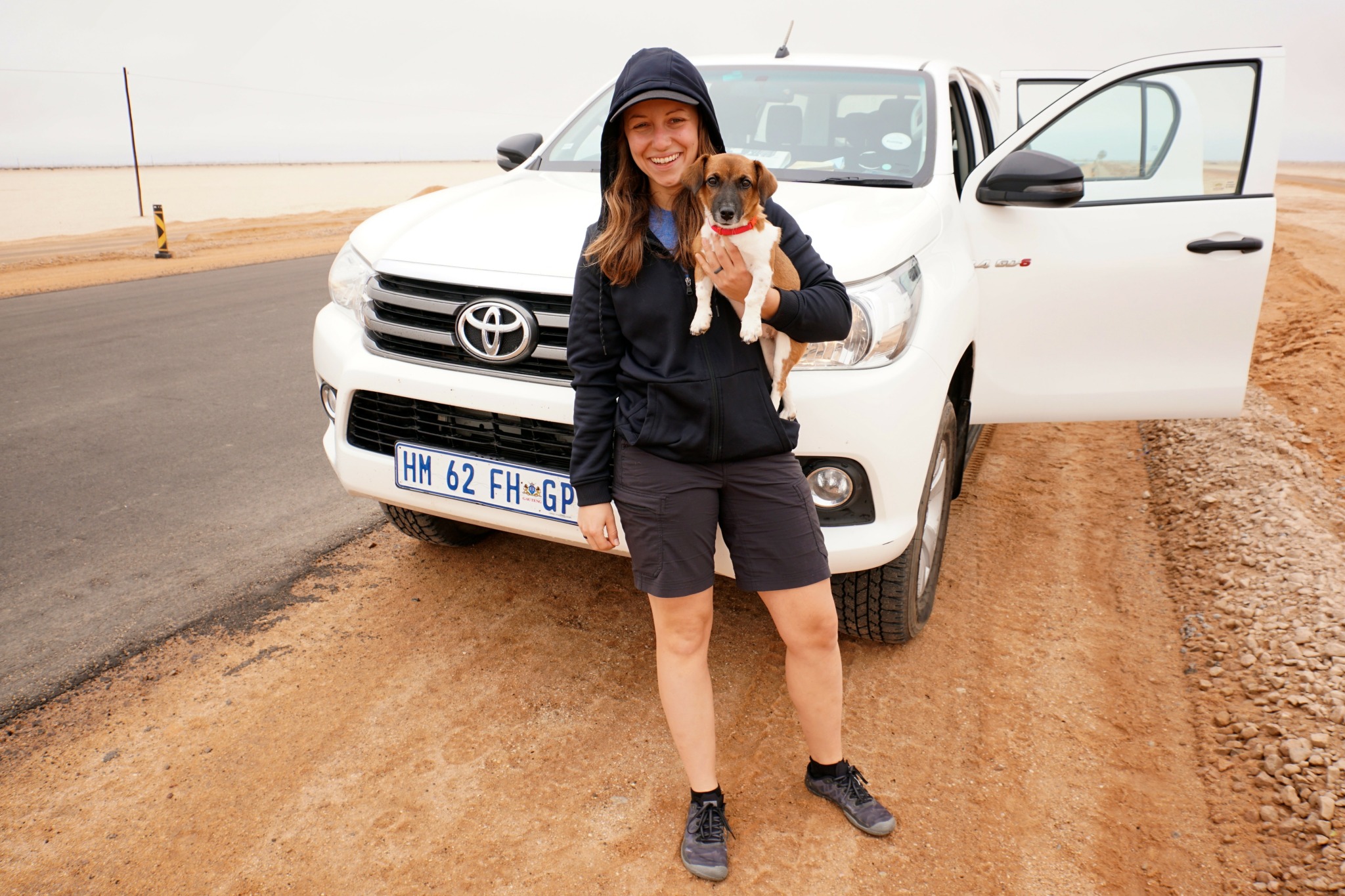
Learning and unlearning are both critical parts of growth – can you share a story of a time when you had to unlearn a lesson?
A lesson I had to unlearn is that my value comes from holding everything together for everyone else.
I’ve been that person for as long as I can remember—the one who’s on top of the details, who makes sure the van doesn’t break down, the show goes on, the deadlines get hit. In music, that meant I became the manager, the tour manager, the agent, the fixer. And once people start depending on you in that way, it’s easy to believe that’s all you are.
The truth is, I hid behind it. It was safer to be the one organizing than the one creating. If something failed, it wasn’t my art on the line, it was just logistics. I told myself I liked being behind the curtain, but really I was scared of what it would mean to step forward as an artist.
Unlearning that has been messy. It meant facing the grief of how many years I poured into roles that didn’t actually feed me. It meant admitting that even though I was “successful,” I was starving in a way that no paycheck or applause could fix. And it meant choosing to pick the camera back up and say: I am an artist. Not just a manager of other people’s dreams.
That’s what Field Notes is for me. It’s not just a project, it’s a reclamation. A reminder that my worth isn’t only in keeping things moving—it’s in creating. And it’s in helping other people feel seen in the places they usually hide, too.
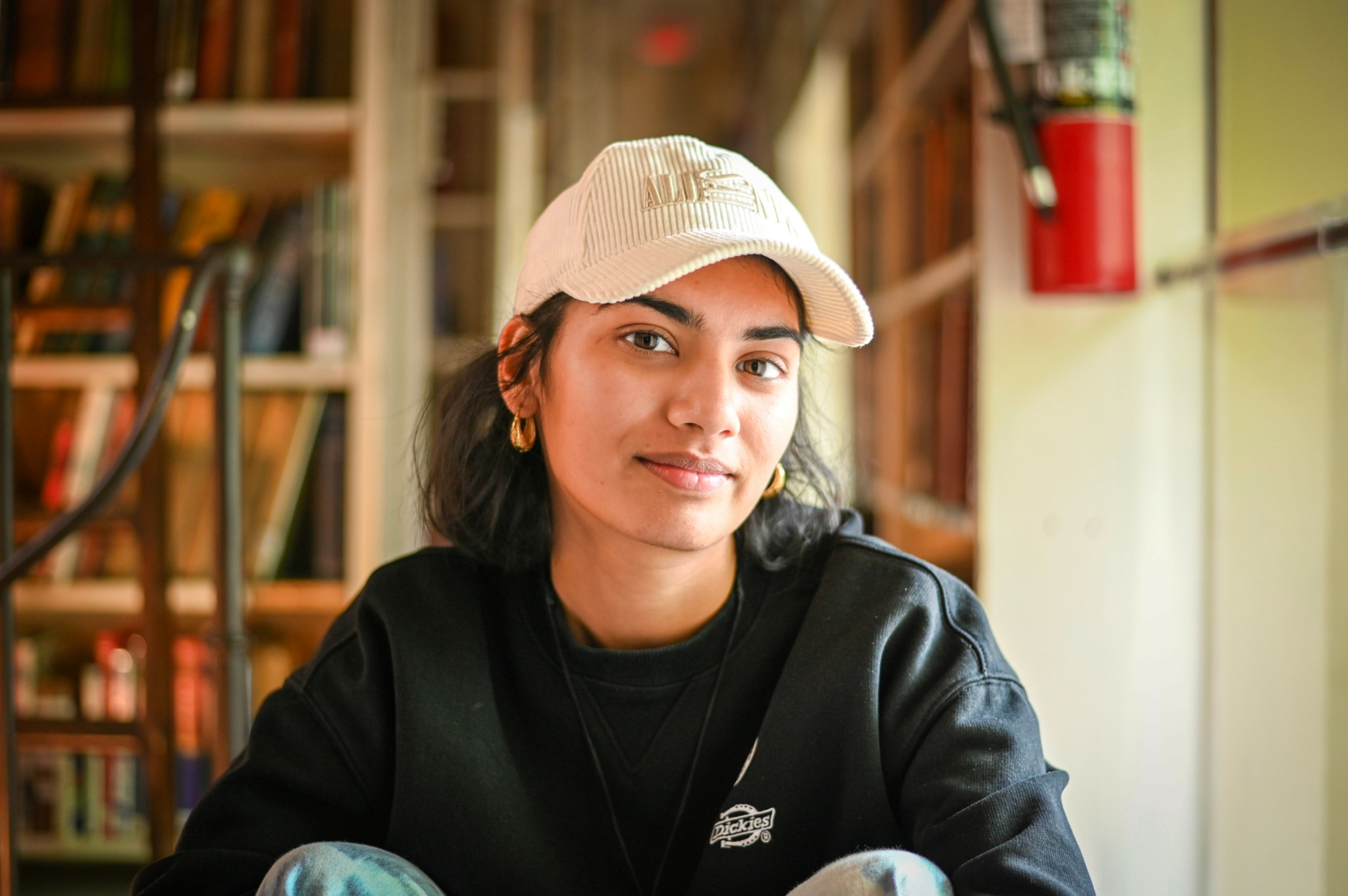
What do you think is the goal or mission that drives your creative journey?
My mission is to shine a light on the stories, skills, and strengths that usually go unnoticed, so people feel fully seen, deeply understood, and can step into spaces they never thought they belonged in.
That shows up in the small, almost invisible places. Like the moment before a band goes onstage, when the tour manager is scribbling set times in Sharpie while the drummer adjusts their snare for the fifth time. Or in a neighborhood where the corner-store clerk greets every customer by name, holding the rhythm of community without ever being on a payroll for it. Those are the moments I want to capture, because they’re what actually hold us together.
If more people carried this frame, progress wouldn’t look like bigger numbers on a dashboard. It would look like the scaffolding crew breaking bread together at lunch, knowing their work will outlast the headlines. It would look like caregivers being named as culture builders, not just background noise. It would look like creativity woven into everyday life – picking up a guitar after dinner, sketching in the margins, humming while you fold laundry—because we’d understand the process as part of the art.
For me, it would mean less convincing. Walking into a concert and seeing the crew held in the same esteem as the singer. Sitting at a kitchen table and hearing people honor the rituals that keep their families alive. Showing up in spaces where I don’t have to explain why the unseen work matters, because it’s already understood as the foundation.
That’s the future I’m chasing with Field Notes. Not a louder world, but a truer one. A world where we come back to each other through the stories we almost missed.
Contact Info:
- Website: https://www.lindseylerner.com
- Instagram: https://www.instagram.com/lindseylerner/
- Linkedin: https://www.linkedin.com/in/lindseylexlerner/
- Youtube: https://www.youtube.com/@LindseyLerner
- Other: https://fieldnotesfromthework.substack.com/
